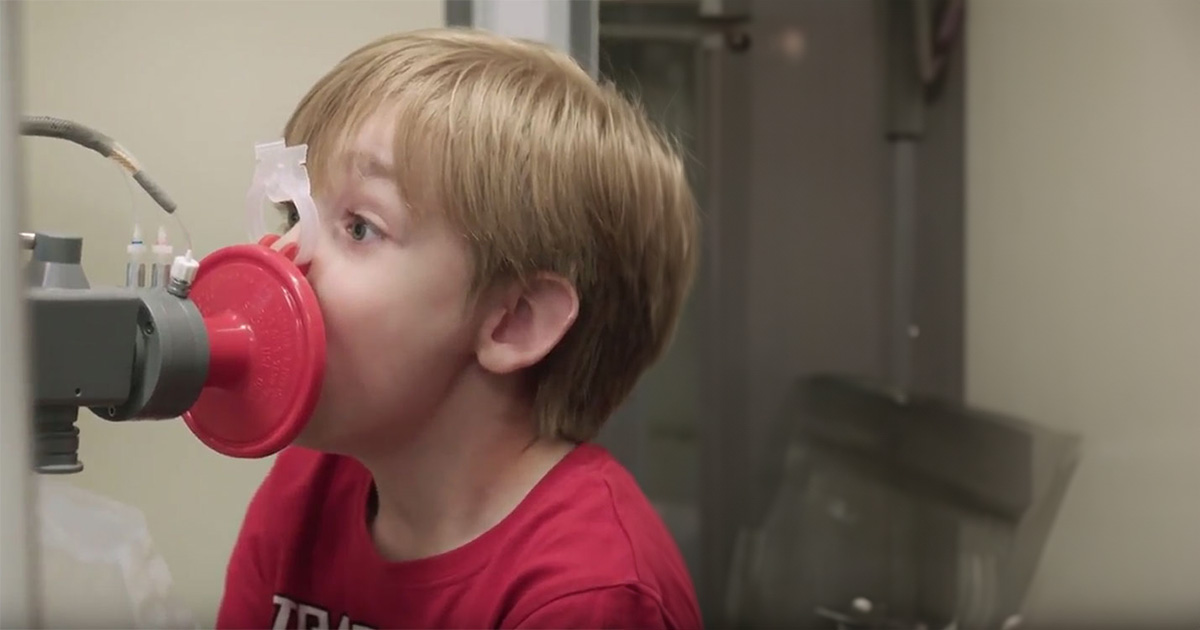Search
Using data on 2868 children born in the Western Australian Pregnancy Cohort (Raine) Study, we examined the association between changes in family...
A recently proposed method for classifying preschool wheeze is to describe it as either episodic (viral) wheeze or multiple trigger wheeze.
Early immunological influences on asthma development: opportunities for early intervention
Airways hyperresponsiveness (AHR) is one of the major clinical features of allergic airways disease including allergic asthma
This study investigated the potential role of ST2 in children with acute asthma.

The Respiratory Environmental Health team conducts research in early life determinants of lung growth and development, respiratory environmental health, and mechanisms of airway dysfunction in asthma and other respiratory disease.

The Foundations of Lung Disease Team is focused on improving the diagnosis, treatment, and lifelong care of childhood lung disease.
We’ve heard from families that trustworthy information about preterm-associated lung disease is difficult to find. In response, we’ve created resources to empower families with the knowledge they need to manage these challenges.
This project investigates how different populations of cells within the respiratory tract immune system are altered during a viral infection.

Children who live in the outer suburbs of Australia’s four biggest cities are twice as likely to have asthma as those living in inner city areas, according to a new study based on health data captured in the last Australian Census.
